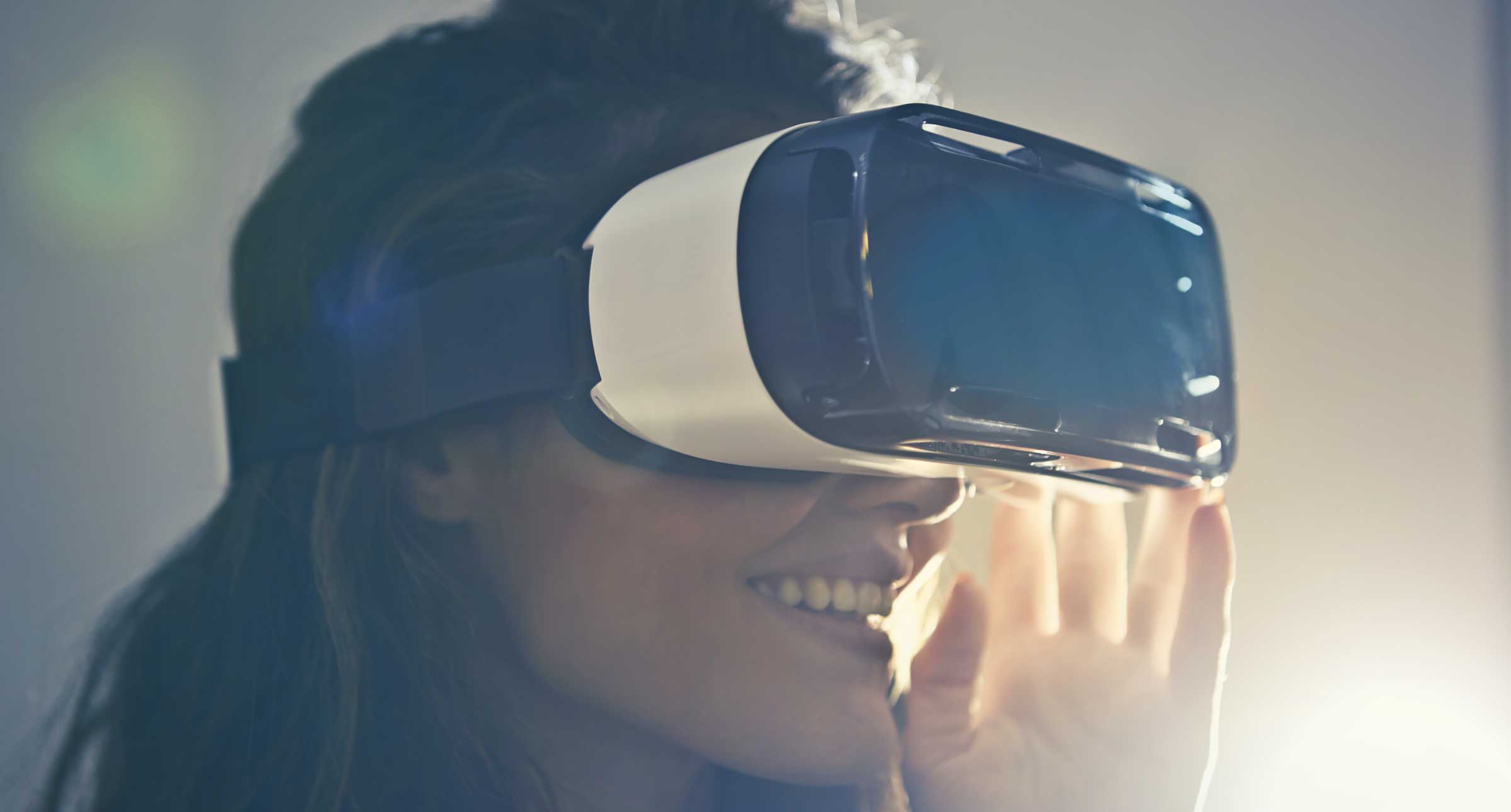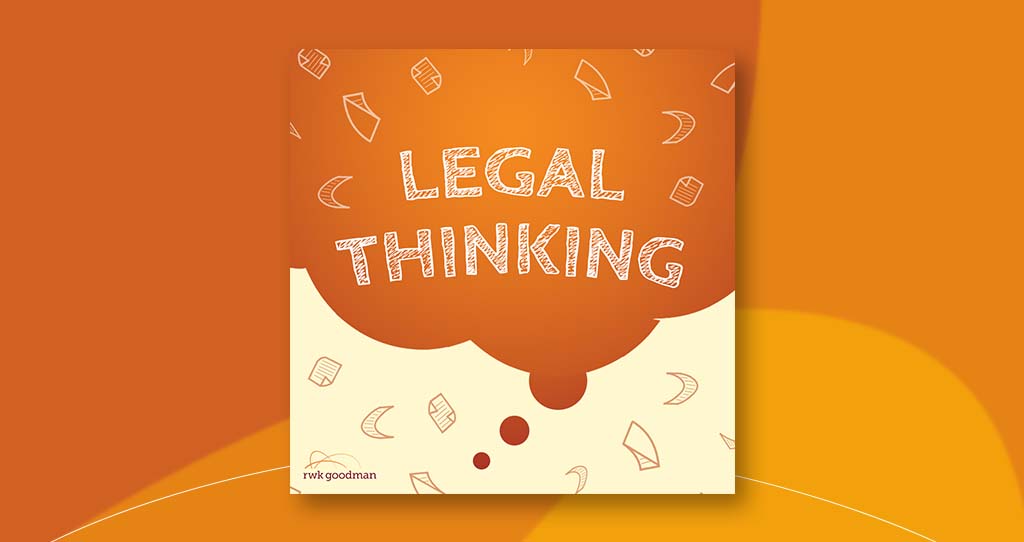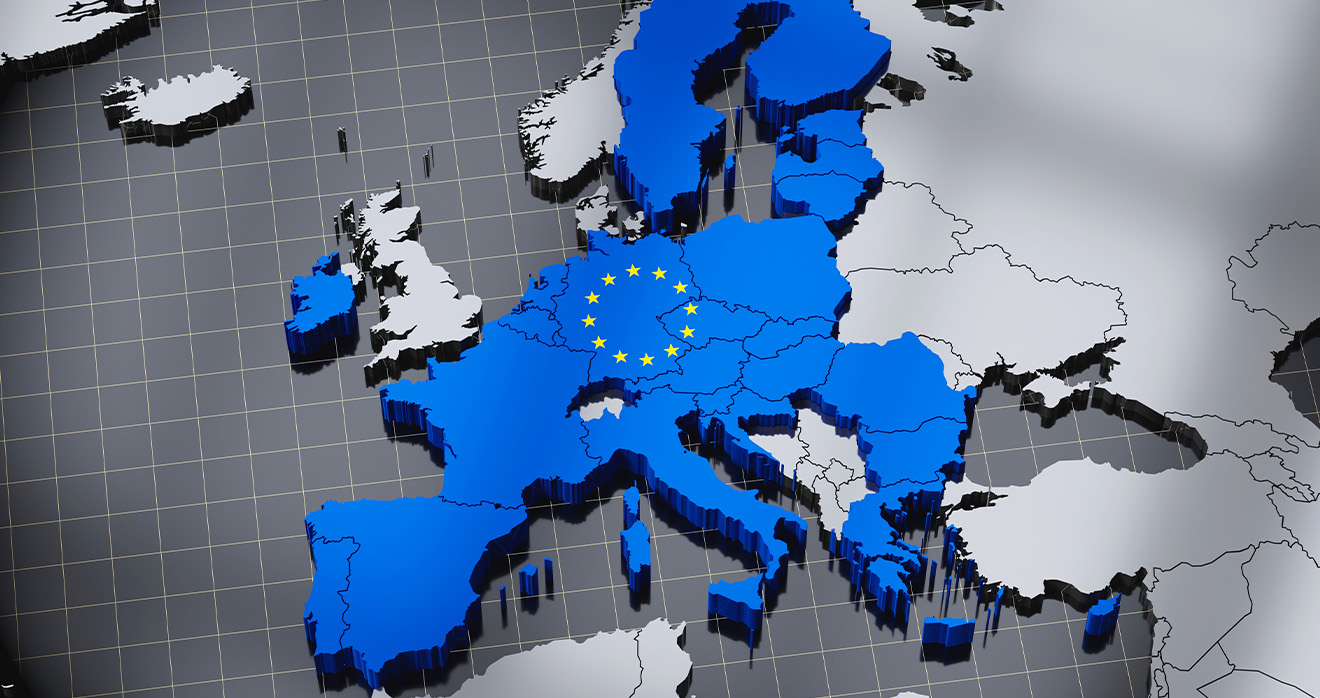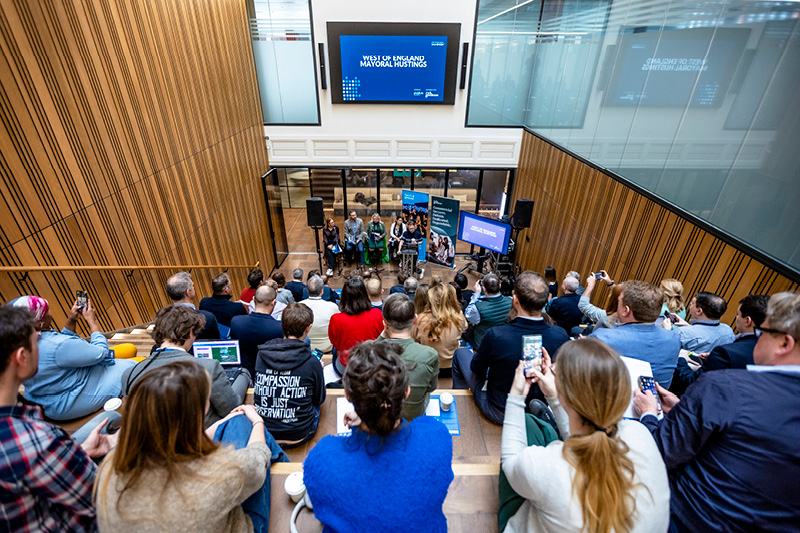Can ChatGPT be a lawyer? What you need to know about AI-generated content and the law
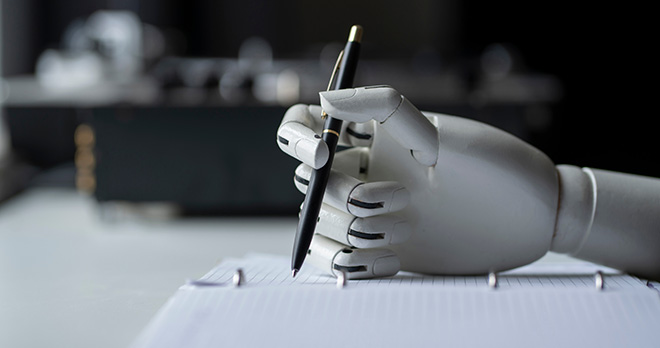
In recent years, artificial intelligence has served as a disruptor to many industries and the arrival of ChatGPT has added fuel to the disruption.
ChatGPT is a large language model developed by OpenAI. The Chatbot can generate human like responses to questions and can assist with articles, essays, draft emails, carry our research and much more. Its wide usage has helped in achieving unprecedented levels of popularity since the initial release date on 30 November 2022.
In January 2023, just two months after launching, ChatGPT is estimated to have reached 100 million active monthly users. According to a UBS study, this places ChatGPT as the fastest growing consumer application in history. By comparison, it reportedly took Spotify five months to gain its first million users and Instagram 2.5 months. ChatGPT was able to hit this milestone in its first 5 days.
All this combined has led many industries – the legal profession being no exception – to ask: could ChatGPT replace some of what we do?
How can ChatGPT help lawyers?
Despite its infancy, there are some potential benefits for legal practitioners which have been highlighted, for instance:
-
Cost Reduction
The chat bot can carry out research and other preliminary tasks fee earners may carry out when being instructed. This may reduce the need for human input for tasks which can be automated and in turn reduce costs incurred by law firms on certain tasks.
-
Improved productivity and efficiency
Utilising some of the features of ChatGPT allows fee earners to focus on high level work and improve their overall productivity. For example, the chat bot can assist in carrying out research and provide a response within seconds. Fee earners could use this as a starting point when drafting advice to a client.
-
Access to broader sources of information
ChatGPT accesses a broad range of data to assist it in curating a response to the user. The variety of data used may provide fee earners a broader range of legal information beyond what they would have considered.
What are the potential dangers of using ChatGPT for legal work?
Notwithstanding the many benefits, concerns have been raised about the legal and practical risks of ChatGPT, this should be carefully considered before adopting the AI system within any organisation.
We explore some of the potential questions around ChatGPT that may present risks for those in the legal profession and beyond:
-
How accurate is ChatGPT?
Users have no control over how information is gathered, the data relied upon or the algorithm the system runs on. This places a great degree of reliance on how OpenAI have programmed the AI system. The creators of ChatGPT confirmed that the system can write plausible sounding but incorrect answers and admitted that fixing this issue is challenging. The accuracy and potential bias of the responses provided by ChatGPT therefore poses a risk for legal practitioners.
-
Are there copyright issues with ChatGPT?
In the UK, the Copyright, Designs and Patent Act of 1988 provides that copyright can subsist in computer generated works and a definition for ‘computer-generated’ is provided in section 178.
OpenAI confirm in their terms and conditions that all rights, title, and interests in relation to the response are assigned to the user. However, it is also made clear that responses may not be unique and may be repeated. This means users may end up with the same or very similar responses. This presents problems in relation to the enforceability of any copyright.
It is also important to note that responses generated by ChatGPT derive from existing works. There is a danger that a user may unknowingly infringe existing copyright if they were to publish a ChatGPT response which is similar.
-
Is ChatGPT liable for any errors?
The terms of use provided by OpenAI also waive all liability for any damages arising from the use of ChatGPT and state that responses are provided without any warranty that the output will be accurate or fit for purpose.
The terms further state that liability, if any, is capped at the greater of $100 or the amount paid for the service in the last 12 months, this means there is little to no recourse against OpenAI if there is an error in its output resulting in a claim for damages.
ChatGPT is here to stay, and it is likely the legal sector will widely start adopting AI to improve efficiency. Recently, Allen & Overy introduced an AI chatbot, named Harvey, to assist fee earners with drafting legal documents. The benefits of AI such as ChatGPT present opportunities for organisations and lawyers but it is important for individuals and organisations to be aware of the potential risks.
Although, there are many uses for AI systems like ChatGPT, users should exercise caution, fact check and cross reference the information generated. It is important to ensure that the content being generated does not infringe on the rights of others, and to obtain permission or a license when necessary.
If you are facing a claim of infringement, or are concerned about the implications of IP law on AI-generated content, please contact our specialist IP team.
Call now
